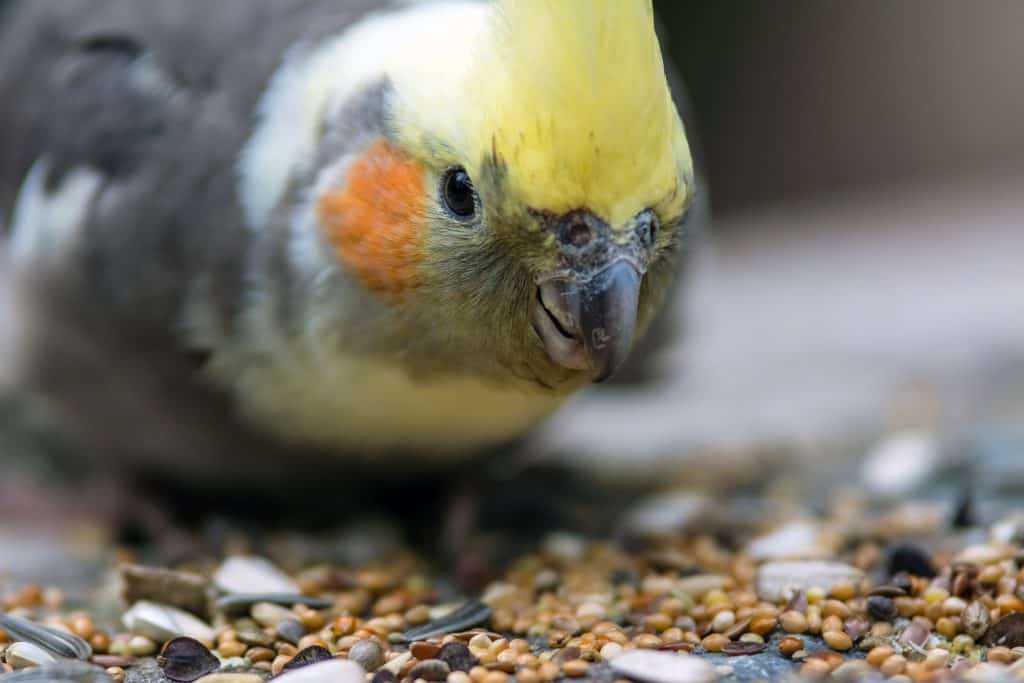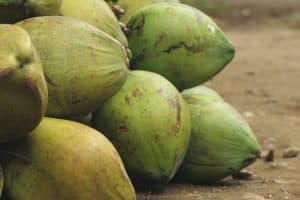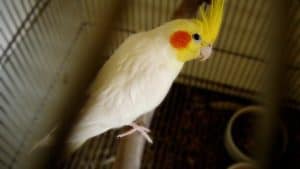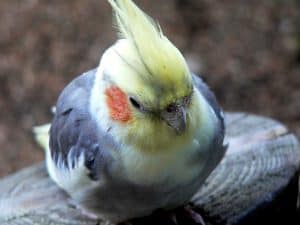If you’re a proud cockatiel owner, you know that finding the right food for your feathered friend is crucial for their health and happiness. Cockatiels, with their playful personalities and striking features, require a balanced diet to maintain their vibrant plumage and energetic disposition. But with so many options on the market, how do you choose the best food for cockatiels?
Understanding what makes up a nutritious diet for these charming birds will help you make informed choices that contribute to their wellbeing. From seeds and pellets to fresh fruits and vegetables, each component plays a vital role. Let’s dive into the essentials of cockatiel nutrition so you can ensure your pet thrives for years to come.
To ensure your cockatiel stays vibrant and healthy, understanding the essential nutrients in their diet is crucial. This section breaks down the key nutritional components your bird requires.
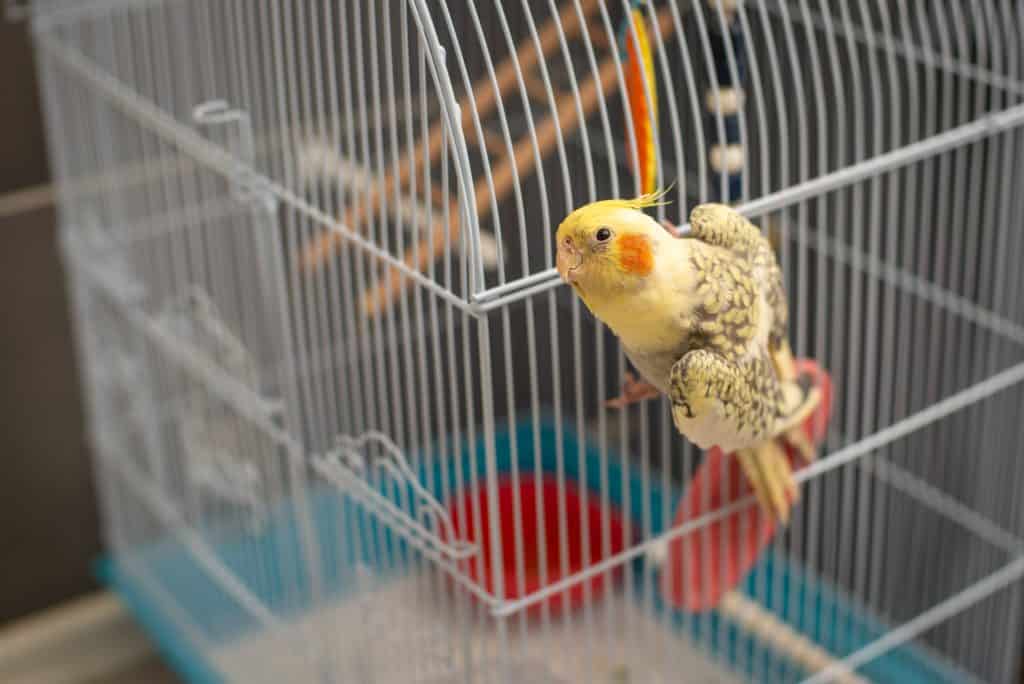
Proteins and Amino Acids
Proteins are fundamental for your cockatiel’s growth, feather development, and overall health. Cockatiels require various essential amino acids that they typically obtain from different protein sources. Incorporating lean meats, such as cooked chicken or turkey, provides high-quality protein.
Additionally, legumes and certain seed types like millet can be good protein sources. To avoid health issues, ensure these proteins are part of your bird’s regular diet, and avoid feeding only seed mixes as they may not provide complete protein.
Vitamins and Minerals
Vitamins and minerals support multiple aspects of a cockatiel’s health, including bone strength, nerve function, and skin health. Calcium supplementation is particularly vital to prevent calcium deficiency, often seen in pet birds like cockatiels. Foods rich in calcium such as kale, broccoli, and other dark, leafy greens should be part of your bird’s diet.
Moreover, a balanced intake of vitamins A, D, E, and K is essential. Offering a variety of fresh fruits and vegetables can help meet these needs. However, it is crucial to consult with an avian veterinarian to ensure your cockatiel receives the right balance of these nutrients, especially since over-supplementation can lead to health problems.
Carbohydrates and Fats
While cockatiels require fewer carbohydrates compared to other nutrients, they are still an integral part of their diet, providing vital energy. Simple carbs found in fruits and some vegetables are suitable for cockatiels but should be given in moderation to avoid excessive weight gain. As for fats, they are crucial but should be offered in limited amounts.
Healthy fat sources, such as those from seeds and nuts, provide energy and aid in absorbing fat-soluble vitamins. Always opt for a controlled quantity of seeds, as excessive seeds can lead to obesity and other health issues. Maintaining a proper balance of these nutrients ensures your cockatiel stays healthy and happy.
Recommended Foods for Cockatiels
Ensuring your cockatiel receives a variety of foods is key to maintaining their health and vibrancy. Here’s a closer look at which types should comprise their diet.
Pelleted Diets
Pelleted diets are formulated to provide a balanced mix of nutrients necessary for a cockatiel’s health. These pellets typically contain proteins, vitamins, and minerals that support your bird’s overall well-being. Opting for a pelleted diet ensures your cockatiel isn’t missing essential nutrients often lacking in a seed-only diet.
Introduce pellets gradually to allow your cockatiel to adjust from a seed-based diet. As pellets should make up about 60-70% of their diet, mixing in other foods recommended below will help keep your pet bird both healthy and interested in their meals.
Seeds and Grains
While seeds are naturally a part of a cockatiel’s diet, they should not be the only food provided due to their high fat content and low vitamin and mineral profile. Incorporate a variety of seeds like millet, canary, and sunflower seeds in moderation, complemented by grains such as quinoa and brown rice.
This approach prevents health problems associated with high-fat seed diets. It’s crucial to keep seed and grain offerings diverse to replicate the different plants and seeds a cockatiel would encounter in the wild and ensure they’re receiving a range of necessary nutrients.
Fruits and Vegetables
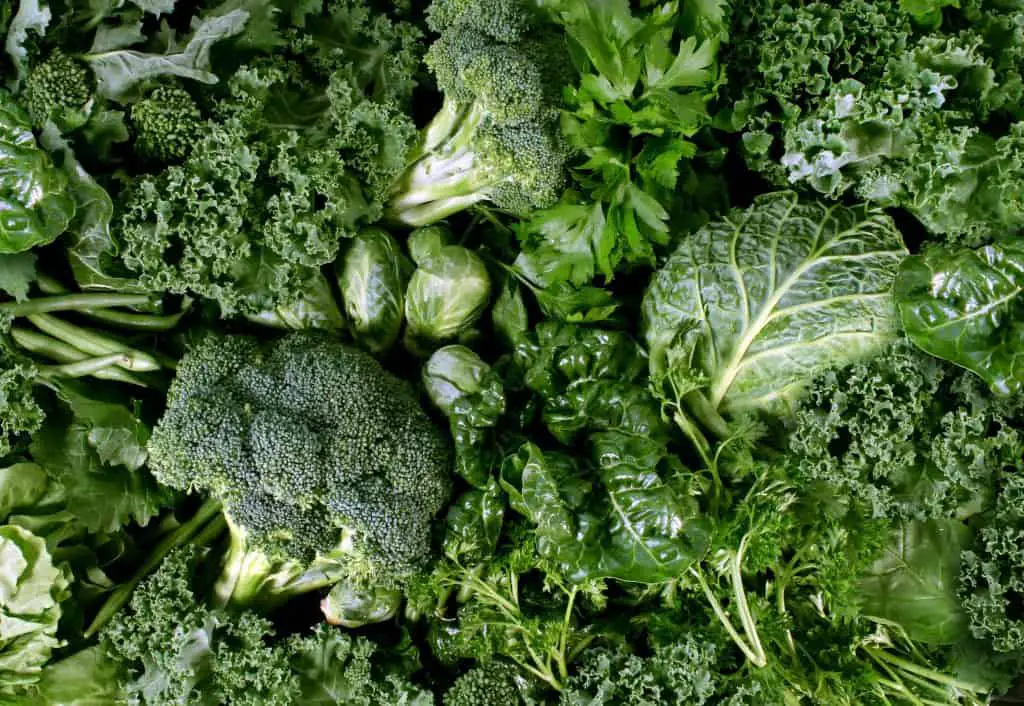
Fruits and vegetables are vital for providing extra vitamins and minerals that pellets and seeds might lack. Include chopped dark leafy greens like spinach and kale, which supply essential vitamins and minerals. Offer fruits such as cooked sweet potatoes and fresh apples, but avoid avocado and chocolate, as they are potentially toxic to birds.
Food for Cockatiels: Safe Treats and Snacks
- Cockatiels enjoy treats like other animals, but it’s important to choose healthy options.
- Moderation is key: Offer treats in small amounts.
- Recommended treats:
- Small pieces of millet spray (a delightful snack that won’t lead to weight gain).
- General guideline: Treats should not exceed 10% of your cockatiel’s total food intake.
- Foods to avoid:
- Dairy products
- Sugary foods
- High-fat snacks (can lead to health issues).
- Healthy treat option: Introduce cooked eggs occasionally for a good protein source.
- This helps avoid commercial treats that may contain added sugars or fats.
Toxic Foods
Certain foods are toxic to cockatiels and can lead to severe health issues or even death if ingested. Avoid feeding your cockatiel avocado, chocolate, and caffeine, as each contains
substances that cockatiels cannot metabolize. Avocado contains persin, a fungicidal toxin, which can cause cardiac distress and respiratory issues in birds.
Similarly, the theobromine found in chocolate and caffeine in coffee and soda can cause heart palpitations and fatal seizures. Also, steer clear of onions and garlic, as they can cause anemia by rupturing red blood cells in several bird species, including cockatiels.
Foods to Avoid
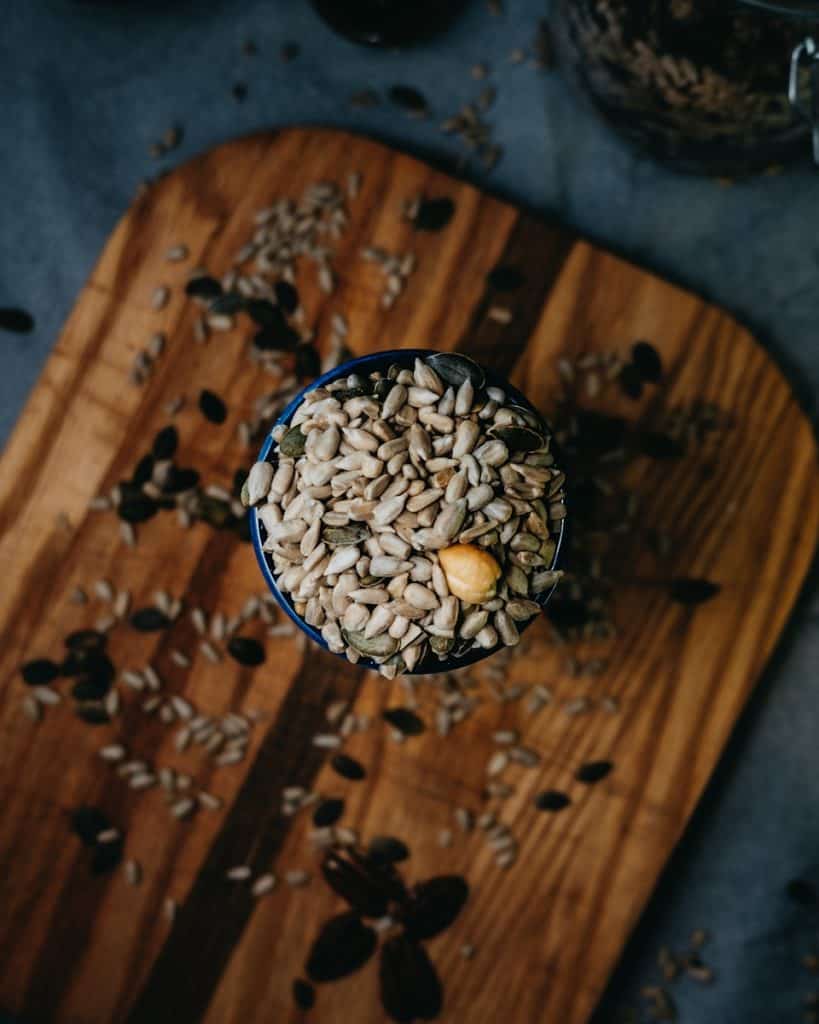
While ensuring a balanced diet is crucial for your cockatiel, it’s equally important to know which foods can harm these delicate birds. Here’s a guide to foods you should avoid giving to your cockatiel.
High Fat and Sugary Foods
- Cockatiels, like humans, can face health risks from high-fat and sugary diets.
- High-fat seeds (e.g., sunflower and safflower) should be offered sparingly to prevent obesity and related health issues.
- Sugary foods can lead to diabetes and long-term health problems; limit high-sugar foods, including certain fruits.
- Ensure all fruit provided is safe and offer it in small quantities as part of a nutritious diet.
- Avoid highly processed foods and treats not specifically formulated for birds, as they can disrupt nutritional balance.
Feeding Guidelines
Feeding your cockatiel correctly is crucial for maintaining its health and energetic disposition. This section focuses on daily feeding amounts and balancing various food types to ensure a nutritionally complete diet.
Daily Feeding Quantities
The amount of food you provide your cockatiel each day plays a pivotal role in its health. Typically, a cockatiel eats about 1 to 2 tablespoons of a pelleted diet along with a tablespoon of fresh fruits or vegetables daily. Vary these amounts slightly based on your bird’s size, age, and activity level. It’s crucial to provide fresh water daily to accompany their meals.
Consistency in meal times aids in better digestion and overall well-being, meaning you should maintain regular feeding times. Empty the food dish of old or uneaten food to keep the feeding area clean and hygienic, reducing the risk of health problems.
Balancing Different Food Types
A balanced diet extends beyond just seeds and pellets. Mixing different food types ensures that your cockatiel obtains all necessary nutrients. Integrate a variety of fresh fruits and vegetables like carrots and apples to boost their intake of vitamins. However, avoid feeding avocados and anything caffeinated or chocolate-based, as these can be toxic to birds.
Daily Feeding Quantities
The amount of food you provide your cockatiel each day plays a pivotal role in its health. Typically, a cockatiel eats about 1 to 2 tablespoons of a pelleted diet along with a tablespoon of fresh fruits or vegetables daily. Vary these amounts slightly based on your bird’s size, age, and activity level. It’s crucial to provide fresh water daily to accompany their meals.
Consistency in meal times aids in better digestion and overall well-being, meaning you should maintain regular feeding times. Empty the food dish of old or uneaten food to keep the feeding area clean and hygienic, reducing the risk of health problems.
Balancing Different Food Types
A balanced diet extends beyond just seeds and pellets. Mixing different food types ensures that your cockatiel obtains all necessary nutrients. Integrate a variety of fresh fruits and vegetables like carrots and apples to boost their intake of vitamins. However, avoid feeding avocados and anything caffeinated or chocolate-based, as these can be toxic to birds.
Pelleted food should serve as the base of the diet, providing formulated nutrients that seeds alone do not offer. While seeds are acceptable, they should be given in moderation due to their high fat and low vitamin content.
By offering a diverse range of food items, including fresh produce and limited seeds, you help ensure your cockatiel stays healthy and enjoys its meals. Be mindful to introduce any new foods gradually to assess your bird’s response without overwhelming it.
Cockatiels Eat: The Role of Fresh Foods
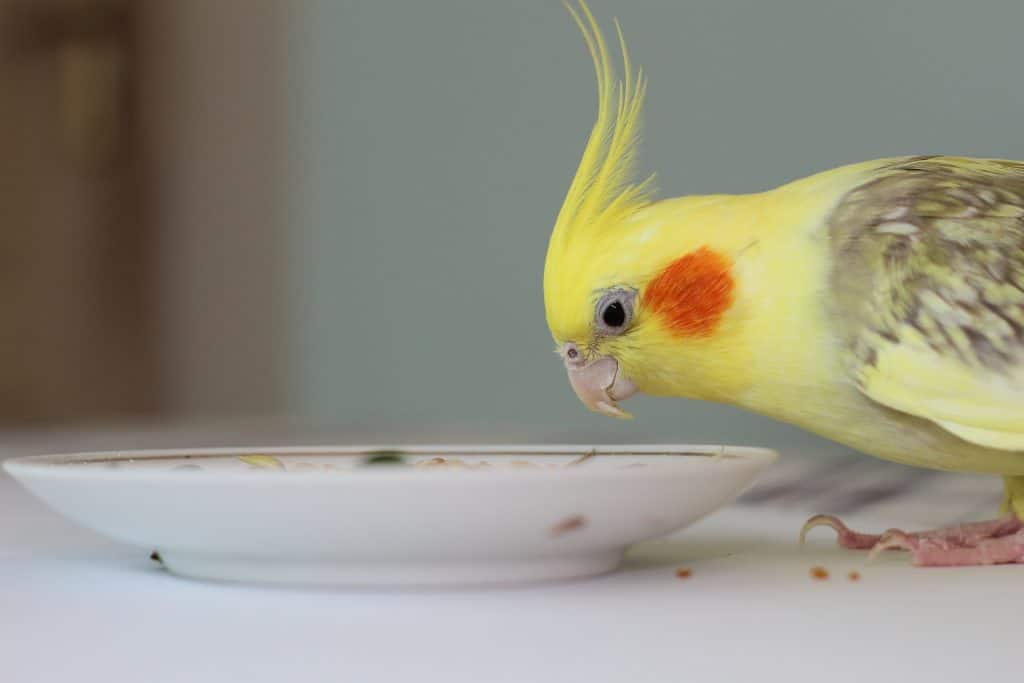
Cockatiels thrive on a diet that includes a variety of fresh foods alongside their regular pellets and seeds. When you provide nutritious food options, you’re not only enhancing their diet but also encouraging healthy habits. Fresh fruits and vegetables can introduce essential vitamins and minerals that are often missing from processed diets.
Importance of Fresh Foods
Incorporating fresh foods into your cockatiel’s meals is vital for their overall wellbeing. Foods like leafy greens, carrots, and berries are packed with nutrients that support their immune system and vibrant plumage. Aim to offer a colorful assortment of fresh produce daily, ensuring your cockatiel has access to a wide range of flavors and textures.
Setting Up Food and Water Dishes
Creating an inviting feeding area for your cockatiel is essential. Use separate food and water dishes to maintain cleanliness and encourage regular eating and drinking habits. Ensure the dishes are shallow and easy for your bird to access, making it simpler for them to enjoy their nutritious food. Regularly clean these dishes to prevent bacterial growth and keep your cockatiel healthy.
Balancing Diet for Optimal Health
By understanding what cockatiels eat and the importance of variety in their diet, you can provide a balanced and enjoyable eating experience. Remember that a nutritious food mix not only keeps them healthy but also stimulates their natural foraging instincts. This balanced approach will help your feathered friend live a long and happy life.
Understanding Cockatiel Behavior Through Diet
Feeding your cockatiel a balanced diet not only ensures their physical health but also influences their behavior and mood. A well-nourished bird is more likely to exhibit positive behaviors, such as singing, playing, and socializing, while a poor diet can lead to lethargy, irritability, and health issues.
Signs of a Healthy Diet
Recognizing the signs of a well-balanced diet can help you adjust feeding habits to better suit your cockatiel’s needs. Here are a few indicators:
- Bright Plumage: Vibrant feathers with minimal shedding.
- Active Behavior: Energetic play and interaction.
- Steady Weight: Consistent weight without drastic changes.
- Clear Eyes and Nostrils: Free from discharge or signs of infection.
- Strong Beak and Claws: Healthy growth and appearance.
If your cockatiel shows any signs of dietary deficiencies, such as dull feathers or lethargy, consider consulting an avian vet for advice on dietary adjustments.
Foraging Enrichment
Cockatiels are naturally curious and enjoy foraging for their food. Creating opportunities for your bird to forage can provide mental stimulation and mimic natural behaviors, contributing to their overall well-being.
DIY Foraging Toys
- Paper Cups: Hide small pieces of fruit or vegetables inside paper cups for your bird to discover.
- Shredded Paper: Mix their favorite seeds with shredded paper and let them dig through to find the treats.
- Puzzle Feeders: Use commercial or homemade puzzle feeders that dispense food as your cockatiel manipulates them.
Seasonal Feeding Tips
Just like humans, cockatiels can benefit from a diet that changes with the seasons. Seasonal fruits and vegetables can provide variety and ensure your bird gets a range of nutrients throughout the year.
Spring and Summer
- Berries: Blueberries, strawberries, and raspberries.
- Leafy Greens: Fresh spinach and kale.
- Melons: Watermelon and cantaloupe (remove seeds).
Fall and Winter
- Root Vegetables: Carrots and sweet potatoes (cooked).
- Squash: Butternut and acorn squash.
- Citrus Fruits: Oranges and tangerines (in moderation).
Monitoring and Adjusting Diet
Regularly monitoring your cockatiel’s diet and health can help you make necessary adjustments. Keep a food diary to track what they eat and note any changes in their behavior or health.
Regular Vet Check-Ups
Annual check-ups with an avian vet can help ensure your cockatiel is on the right dietary track. Vets can provide tailored advice based on your bird’s specific health needs and dietary preferences.
Community and Resources
Joining a community of cockatiel owners can provide valuable support and insights. Online forums, social media groups, and local bird clubs can be excellent resources for sharing tips and advice.
Recommended Resources
- Books: “Cockatiels for Dummies” by Diane Grindol.
- Websites: The Cockatiel Foundation and Avian Avenue.
- Local Clubs: Bird clubs and avian societies often offer workshops and meet-ups.
The Importance of Water in Your Cockatiel’s Diet
While much focus is placed on the solid components of your cockatiel’s diet, it’s essential not to overlook the importance of hydration. Water plays a critical role in digestion, nutrient absorption, and overall bodily functions.
Ensuring Clean Water Supply
Cockatiels require access to clean, fresh water at all times. Regularly change their water supply to prevent bacterial growth and contamination. Using a water dispenser designed for birds can help keep the water cleaner for longer, reducing the chances of spills and contamination from food particles.
Signs of Dehydration
It’s crucial to monitor your cockatiel for signs of dehydration, especially in warmer weather or if your home has low humidity levels. Indicators of dehydration include:
- Wrinkled Skin: Especially noticeable around the eyes.
- Lethargy: Reduced activity and playfulness.
- Dry Beak and Eyes: Lack of moisture.
- Weight Loss: Rapid, unexplained weight changes.
If you notice any of these signs, ensure your bird has access to water and consult a veterinarian if the condition persists.
DIY Nutritious Recipes for Cockatiels
Creating homemade treats and meals can be a fun way to ensure your cockatiel enjoys a nutritious diet. Here are a couple of simple recipes to try:
Fruit and Veggie Skewers
- Ingredients: Chunks of apple, carrot, bell pepper, and leafy greens.
- Instructions: Thread the fruit and vegetable pieces onto a bird-safe skewer and hang it in the cage. This not only provides nutrition but also encourages foraging behavior.
Seed and Nut Mix
- Ingredients: A mix of millet, sunflower seeds, chopped almonds, and dried berries.
- Instructions: Combine the ingredients in a bowl and offer it as an occasional treat. Ensure nuts are unsalted and provided in moderation to avoid excessive fat intake.
By incorporating these additional elements into your cockatiel’s diet, you enhance their overall well-being and create a more engaging and nutritious feeding experience. Remember, a happy, healthy cockatiel is one that receives a balanced diet, ample hydration, and opportunities for mental stimulation through varied feeding methods.
Wrapping Up: Food for Cockatiels
Ensuring your cockatiel receives a balanced diet is key to their health and happiness. By integrating the right mix of proteins, vitamins, and minerals along with safe treats and proper hydration you’ll help them thrive.
Remember to monitor their diet closely adapt to their unique needs and preferences. Avoiding harmful foods is just as crucial as providing the nutritious ones. With these guidelines you’re set to keep your feathered friend vibrant and healthy for years to come.
